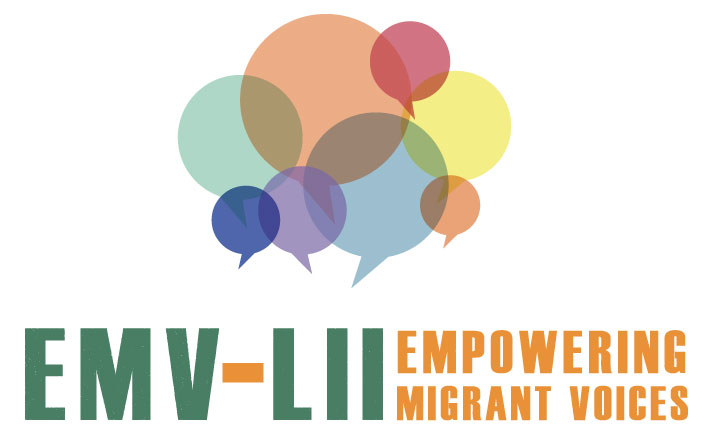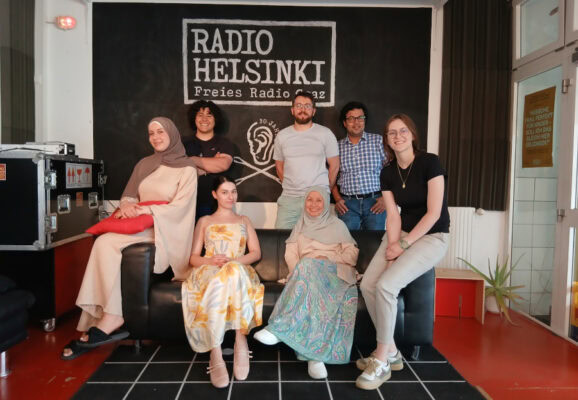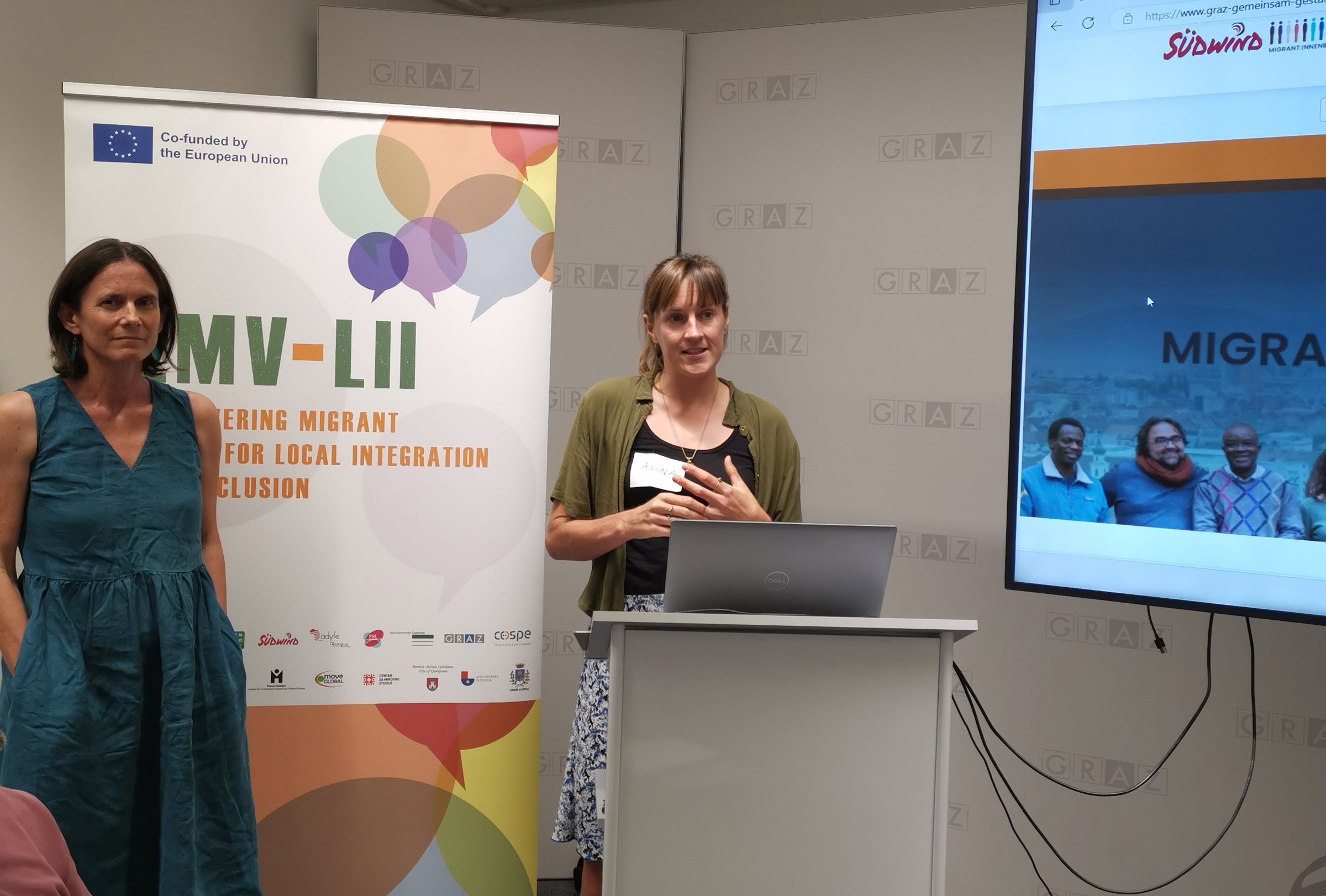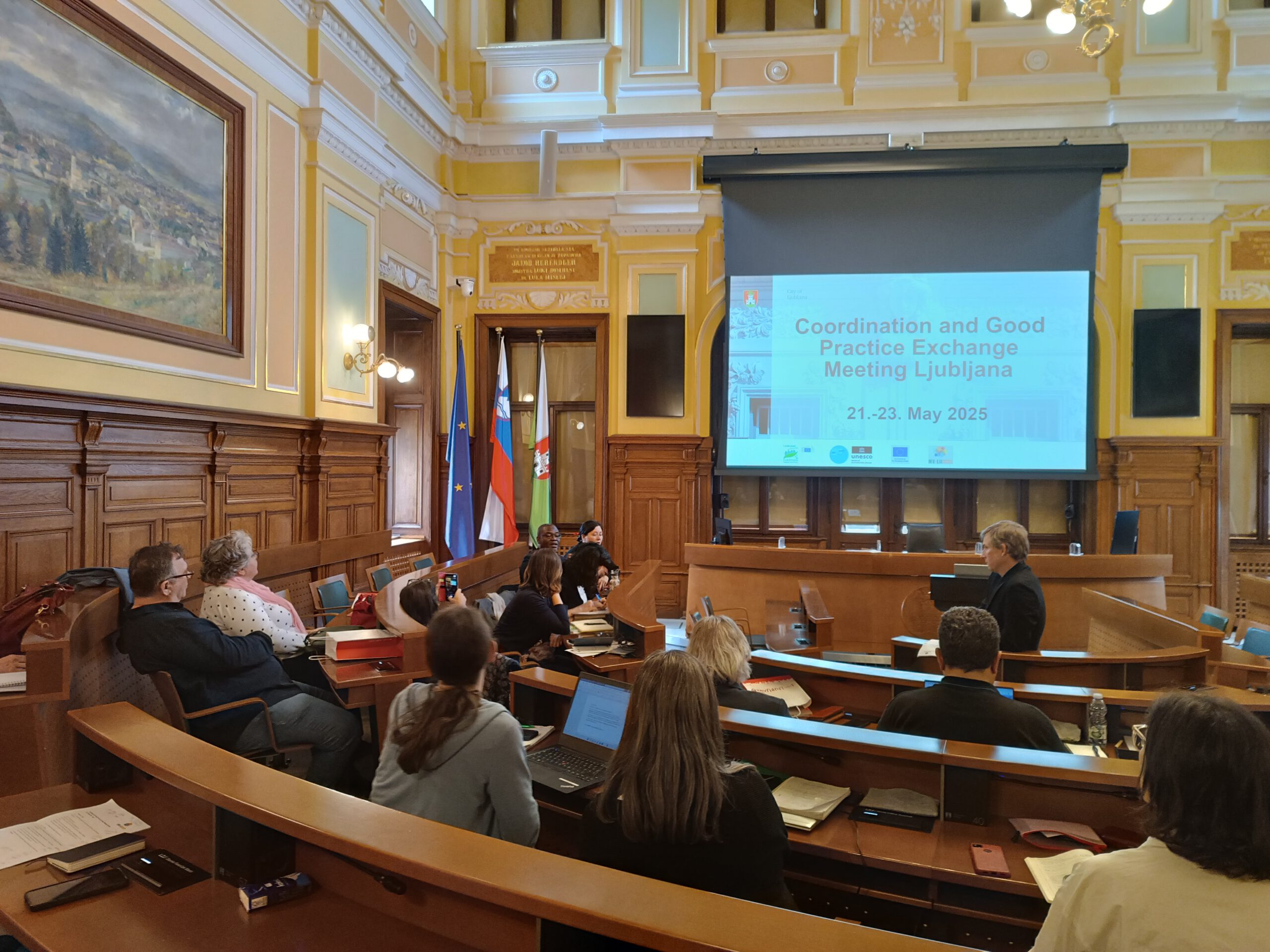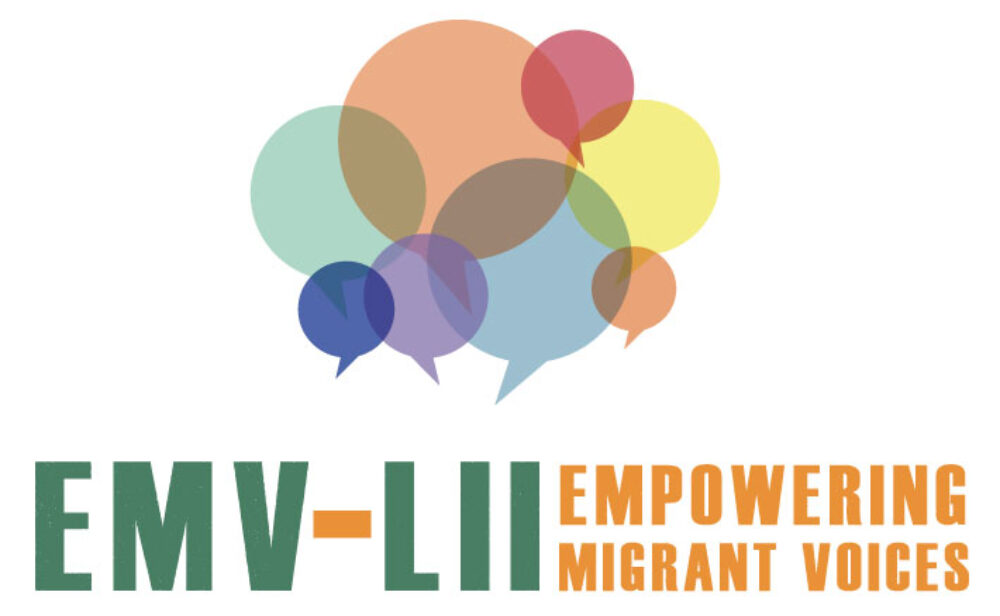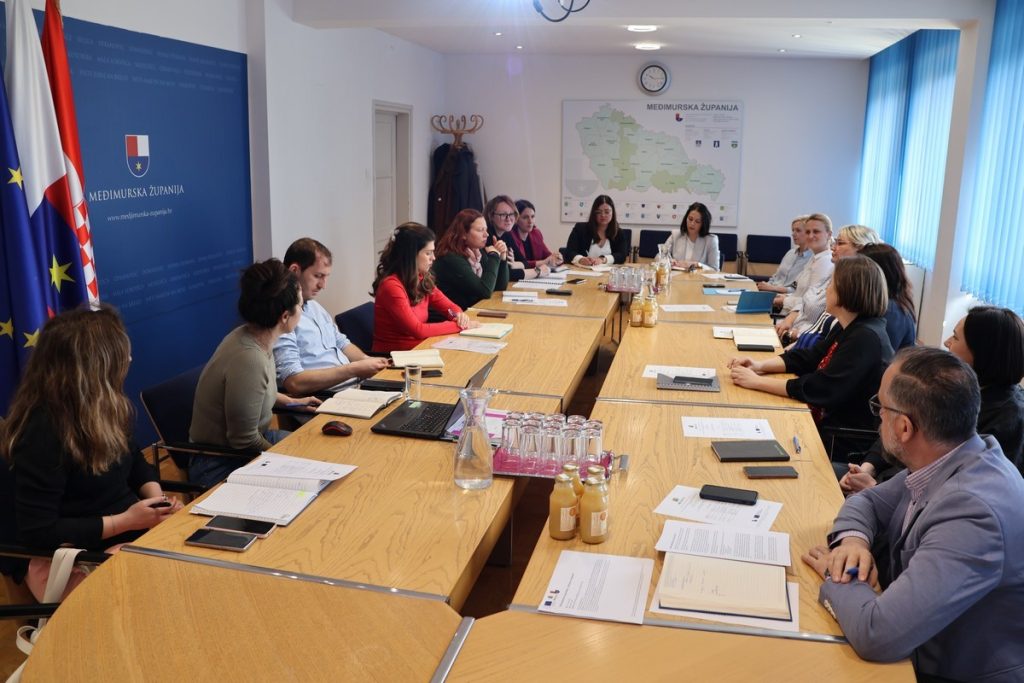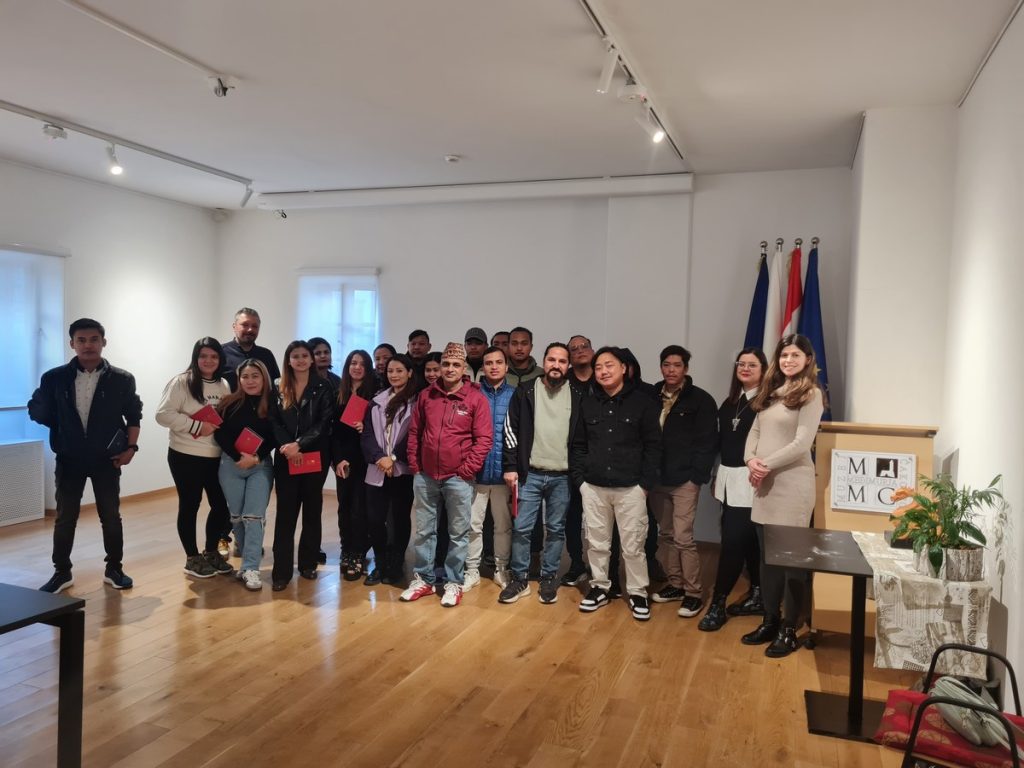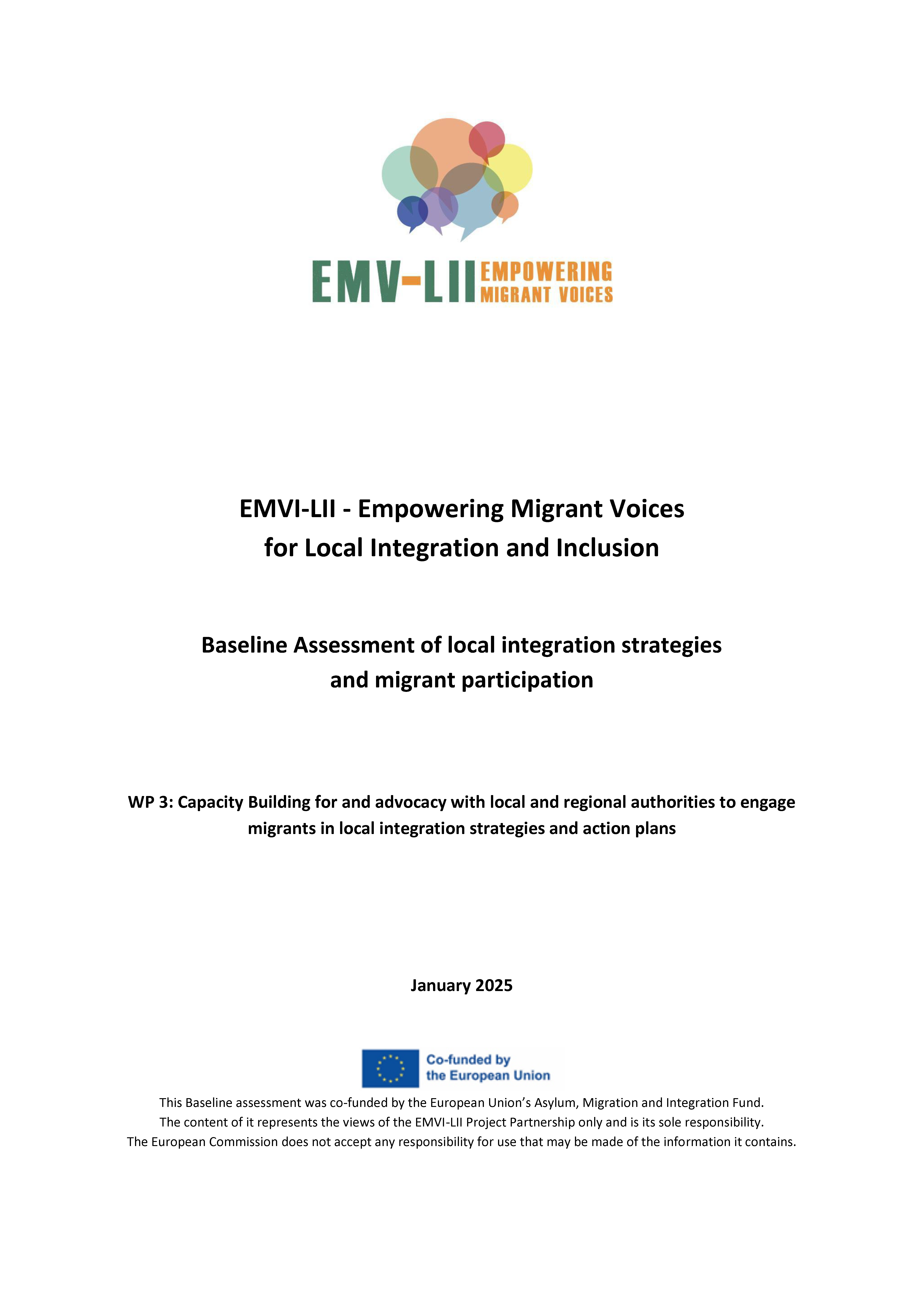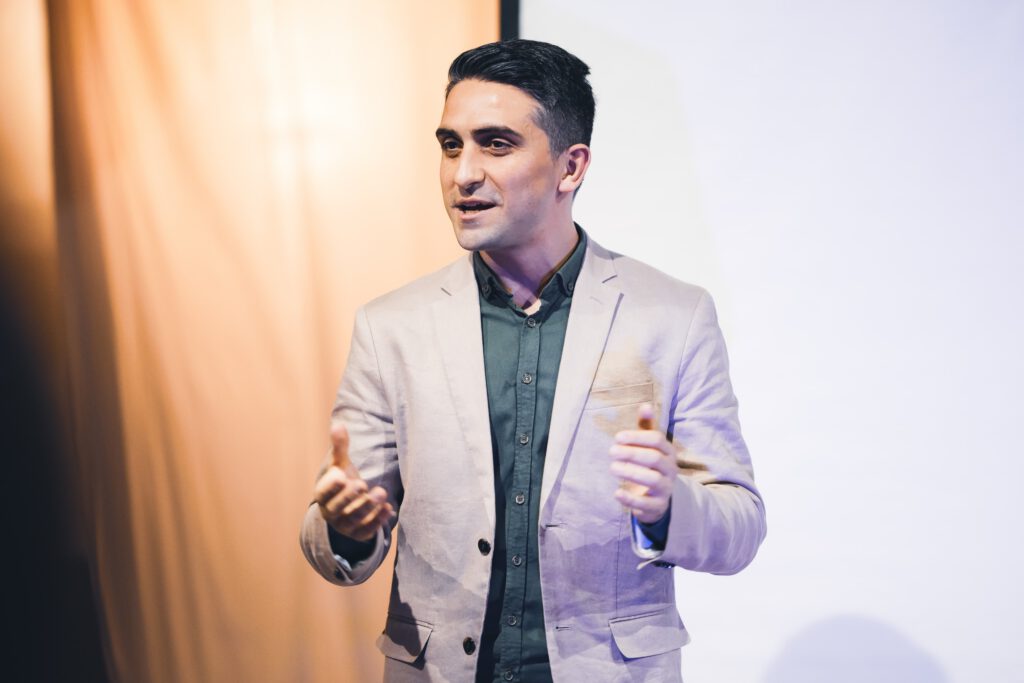
“European countries are called to support migrant communities, promoting integration starting from the leaders, otherwise the gap between ‘old’ and ‘new’ populations in the territories will grow even more and this will create real ghettos”, Furkan Güner stated. We met the Slovenian association Society for Intercultural Dialogue in Brussels, during the EMVI project three days of meetings with the EU institutions. “I am a representative of the association for intercultural dialogue in Slovenia, in Ljubljana. We work on integration projects, active citizenship, social inclusion and intercultural dialogue with local people, migrants and refugees”, he says. “Our association is not officially a partner of the EMVI project, but we cooperate a lot with the partner associations. They support us in our activities, in our projects. That’s why I’m here and I’m happy about it: this is my first time in the European Parliament. It’s something that gives you a lot of confidence in yourself, in what you’re doing, because your reality become visible to others. My visit here is a positive thing, because I can see how the European Parliament actually works. This is where people in the EU actually handle situations and we are part of the EU too so I would say that this also creates a bond”.
What do you expect from these days in Brussels?
I actually don’t expect much from the European Commission, but at least I can see how the system works: when you know how it goes, you don’t expect more or less, you expect exactly what you have to. What I expect is the cooperation with others, which would be truly extraordinary. In this type of meeting and visit we find like-minded people and similar associations so, getting to know each other and sharing experiences and, perhaps, in the future, carrying out projects together would be fantastic.
Based on your experience, what should the EU do to improve the quality of migrants life?
I have been a migrant in Slovenia for almost 11 years. I had the opportunity to travel in Europe, in other European Countries, as well as in non-Schengen Countries. A big problem concerns migrant communities. There are countries that support them very well, but in general, migrant communities are not well supported by European countries. Above all, this support must be channeled to create integrated community leaders because if we don’t create them, with the help of the State, they will choose the leaders of their community on their own and this is in fact already creating new ghettos in all European countries. The point is that if you don’t give them support when they need it, they won’t need your support in the future. And their indications, thoughts, ideas and focuses may be different. There will be no integration with the Slovenian or the German people, for example, but they will follow their own paths. And this will make the gap even bigger in the future. In my country, Slovenia, we are still at the beginning of actually changing this path to be together in the country, migrants and Slovenians, and live in a cohesive and harmonious way. I would say that intercultural mediators are really needed in every society, especially to help migrants and also very integrated community leaders. As I said, community leaders need to be supported by the government and the municipalities, to shape their organizations and societies so that they can actually be more integrated and spend more time with local populations and they can have more spaces to share and learn from each other and to make contributions to each other, making the society even richer. This is what I think is missing, for now.
